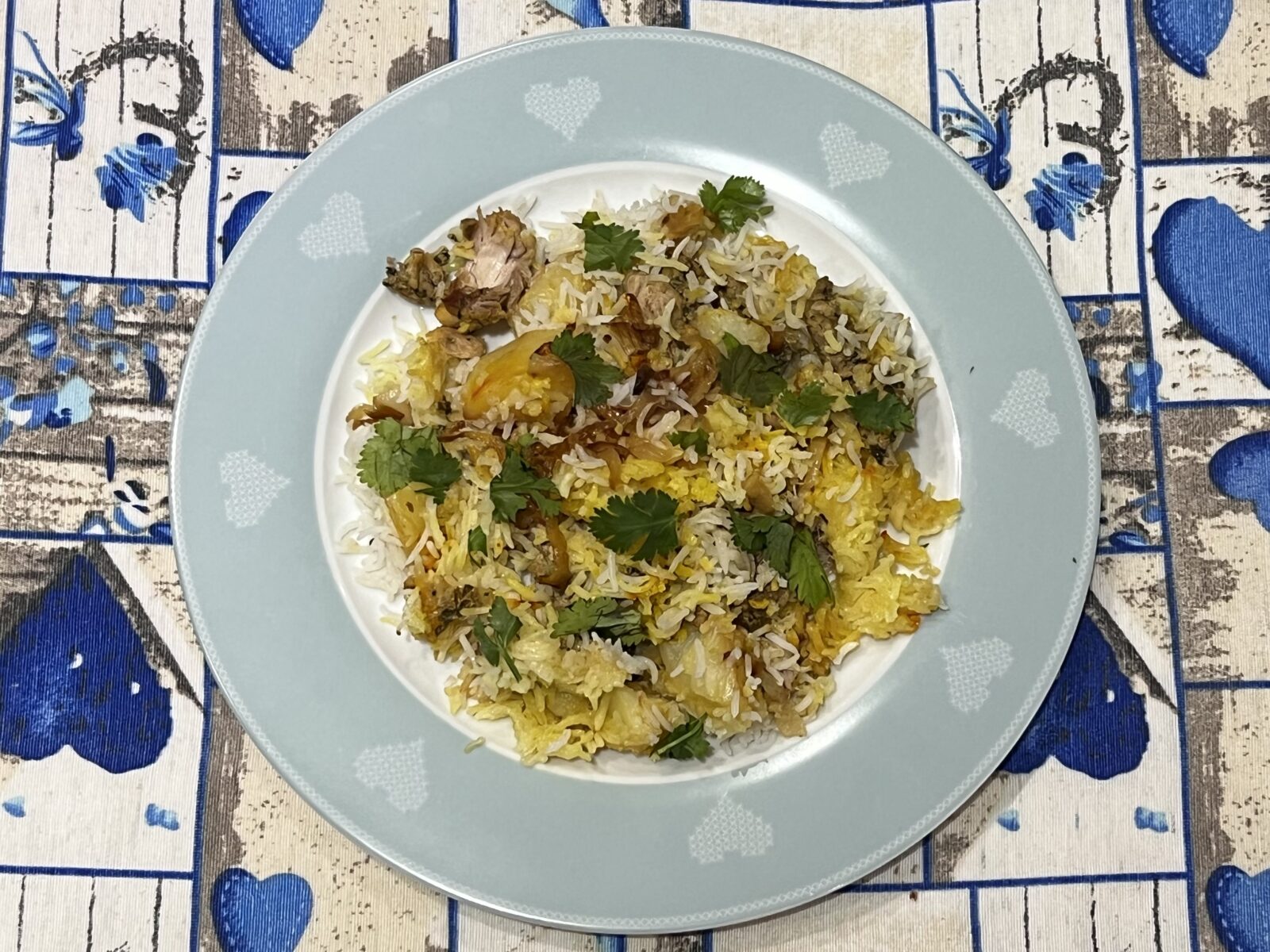It’s a “criminally underrated” national cuisine, but for Josh Osman, gato pima and grillades are a dwindling link to his family’s heritage.
The streets through Quatre Bornes, a town in west Mauritius, are ornate with stalls of fresh seafood – octopus, swordfish, wild tuna. Alongside these are immense woks and pots, brimming with mine frite [Sino-Mauritian-style stir-fried noodles] and gato pima [Mauritian chilli cakes]. Cumin, mustard, allspice, and a hotpot of voices rise and percolate among the patterned awnings. To me, this is Mauritian food.
As a British-Mauritian, there’s some bias, but nothing comes close to the aromas of a Mauritian street market. There’s something about the concoction of cultural dishes being whipped up all in one glorious melting pot that is simply unmatched.
A small island off the coast of South Africa, Mauritius has a diverse cultural landscape with a broad cuisine to match. Incorporating influences, spices and styles from East African, South Asian, East Asian (and Southeast Asian!), and French cuisines, Mauritian food is at once expansive, cohesive, and distinctive.
With such a range of dishes and influences, you’d think it has a universal appeal. So, like me (who was raised on the stuff), you’re probably surprised to hear it’s incredibly overlooked and criminally underrated. Mauritian restaurants outside of the island are few and far between, and they just aren’t the same.
My mother has lived in London for 29 years, and she incessantly complains about every Mauritian restaurant or takeaway we’ve eaten in my lifetime. “I can make it better at home”, or “it’s just not as good as maman’s”, she always insists. Food is the anchor keeping her grounded in her homeland.
“As a British-Mauritian, there’s some bias, but nothing comes close to the aromas of a Mauritian street market”
I, on the contrary, was born and raised in north London – I have never lived in Mauritius. I have visited my family, I have seen its seven-coloured sands, I have walked through the streets of its towns and eaten all the food it has to offer, and I have watched its sky fall asleep – from cerulean to lavender to midnight – in a matter of minutes. At once, it is a home and a land I do not know.
Still, when my mother cooks her biriyani from our London kitchen, I can taste the saline air that floats through the garden of her mother’s coastal house. Cardamom, cumin, cinnamon, and mint diffuse through the rice and lamb squeezed tightly into a large slow-cooking pot. Its scent alone sends me to the path from her house to the road, draped by the leaves of banana trees, and I can see the beginning of the seemingly endless Indian Ocean just metres ahead.

For many second-generation Mauritian immigrants like me, food connects us to a culture from which we are otherwise entirely detached. Sharan Ramkorun, a 22-year-old psychology student and the son of two Mauritian immigrants, says: “My parents were both born there and grew up there. My mum’s a really good cook, and the smells and flavours of her food reconnect me to Mauritius.
“But I feel like not being able to speak Creole anymore limits me.”
Most Mauritians speak French and English – but Creole is the language of the people. I can speak French in shops, or at formal occasions. At home, when the guard is down, I cannot be a part of conversation.
But even for my mother, the language is beginning to leave her. These days, I only hear her speak Creole to her brother – and she stumbles over the words. The only Creole that’s stuck with her is the creolised names of Mauritian dishes – we say cari instead of curry, or gato instead of gateau. The language she knows best is the muscle memory and the measurements ingrained into her subconscious through heritage, custom, and practice.
“I’d never left Mauritius before leaving to study abroad,” says Uma Dassaye, 29, an investment business manager who studied in London before relocating to Singapore. “I’ve been around Mauritian food all my life; I cooked mine frite with my parents every Sunday.
“It’s only when I left the island that I realised you can’t find this type of food anywhere,” she continues. “I’ve travelled to many countries for business or holiday, and you can always find a great Italian or French or Indian restaurant but I can’t say the same thing for Mauritian food. That’s why it’s so unique – even the rare Mauritian restaurant doesn’t quite taste the same.”
Ms Dassaye, too, speaks of the intensely visual memories evoked by Mauritian food: the sounds of the grillades [Mauritian barbecues] on the beach and mine frite tossed in carailles [Mauritian woks] amongst the noisy traffic of Port Louis.
Connecting to culture and heritage is something that takes time, effort and immersion. I haven’t been raised with the music or celebrated the multitude of festivals, but the scenes I imagine when I taste Mauritian food are home to me.
